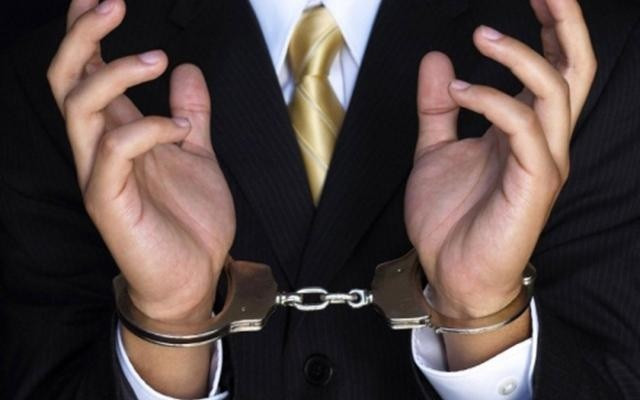
Crime for the sake of a client: what violations do lawyers commit?

Although the lawyer is obliged to prioritize the interests of the client in his or her professional activities, this priority is limited by the principle of legality. Those attorneys who try to circumvent the law for the sake of their clients may become involved in a criminal case themselves.
Oleksiy Gorokh, Deputy Chairman of the Ukrainian National Bar Association's Committee on Criminal Law and Procedure, spoke about typical criminal offenses that attorneys may commit in the interests of clients during a recent training event held at the Higher School of Advocacy.
He named such special criminal offenses:
- disclosure of commercial or banking secrets (Article 232 of the CC);
- illegal use of insider information (Article 232-1 of the CC);
- forgery of documents, seals, stamps and forms, their sale or use (Article 358 of the CC);
- interference in the activities of the judiciary (Article 376 of the CC);
- interference with the work of the automated court document management system (part 2 of Article 376-1 of the CC).
- disclosure of information about security measures in relation to a person taken under protection (Article 381 of the CC);
- failure to execute a court decision (Article 382 of the CC);
- knowingly false report of a criminal offense (Article 383 of the CC);
- misleading a court or other authorized body (Article 384 of the CC);
- obstructing the appearance of a witness, victim, or expert, forcing them to refuse to testify or give an opinion (Article 386 of the CC);
- disclosure of data from operational and investigative activities, pre-trial investigation (Article 387 of the CC);
- unlawful actions in relation to seized property, pledged property or property that is described or subject to confiscation (Article 388 of the CC);
- concealment of a crime (Article 396 of the CC).
O. Gorokh separately highlighted special criminal offenses aimed at transferring unlawful benefits to officials. As an example, he cited the verdict of the High Anti-Corruption Court of 24.04.2024 in case No. 991/2024/24, under Art. 369 (Incitement to provide undue advantage) of the Criminal Code, where the lawyer assured the client of the existence of a preliminary agreement with the judge of the district court to positively resolve the issue of closing two cases of administrative offenses against him. The client, acting under the control of law enforcement agencies, provided the lawyer with imitation funds.
The UNBA representative also mentioned the crime of abuse of influence (Article 369-2 of the Criminal Code). According to the position of the Criminal Court of Cassation of the Supreme Court (resolution of the OP in case No. 554/5090/16-k), the disposition of the article does not specify the nature of influence on a person, so the concept of influence includes the use of friendly, family, personal relationships with a person authorized to perform state functions.
However, representation in court without authority (Article 400-1 of the Criminal Code), which consists in knowingly falsely informing the court of the authority to represent another person in court, or in the deliberate failure of the lawyer to include in the warrant information on the limitations of authority established by the legal aid agreement, is a special provision of Article 358 (Forgery of Documents) of the Criminal Code. Therefore, the attorney-at-law believes that in order to overcome the competition between general and special legal norms, a socially dangerous act should be qualified by a special norm. O. Gorokh also reminded about discipline. As an example, he cited the decision of the Higher Qualification and Disciplinary Commission of the Bar, which suspended the lawyer's right to practice law for filing a statement with the court as a representative of the complainant without concluding a legal aid agreement, based on an order where the lawyer provided false information about the existence of the agreement and its details.
© 2026 Unba.org.ua Всі права захищені
"Національна Асоціація Адвокатів України". Передрук та інше використання матеріалів, що розміщені на даному веб-сайті дозволяється за умови посилання на джерело. Інтернет-видання та засоби масової інформації можуть використовувати матеріали сайту, розміщувати відео з офіційного веб-сайту Національної Асоціації Адвокатів України на власних веб-сторінках, за умови гіперпосилання на офіційний веб-сайт Національної Асоціації Адвокатів України. Заборонено передрук та використання матеріалів, у яких міститься посилання на інші інтернет-видання та засоби масової інформації. Матеріали позначені міткою "Реклама", публікуються на правах реклами.